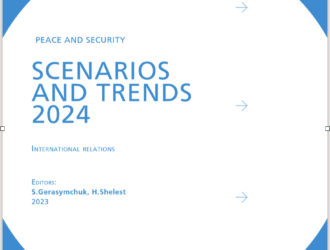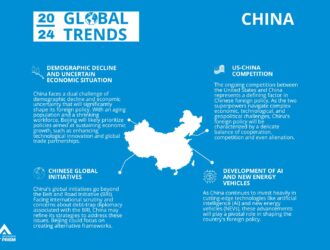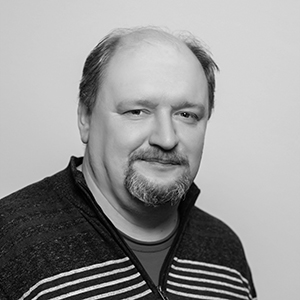Sergiy Gerasymchuk
Deputy Executive Director,
Regional Initiatives and Neighborhood Program Director
Subscribe for Newsletter
Deputy Executive Director,
Regional Initiatives and Neighborhood Program Director
Sergiy is involved in political studies since 2001 and has the experience of working for the Secretariat of the Parliament of Ukraine, scientific research institutions under the President of Ukraine and under Security and Defense Council of Ukraine. Besides, he was involved in the project implemented by national and international think tanks in Ukraine and in the area of Eastern Partnership.
Among the organizations and structures Sergiy used to cooperate within the capacity of expert, analyst and project manager there are National Democratic Institute, Friedrich Ebert Foundation, NATO Center for Information and Documentation, NATO Liason Office in Ukraine, Black Sea Trust for regional cooperation, Volkswagen Foundation, International Renaissance Foundation. As an expert Sergiy cooperated with Peace Research Institute Frankfurt (HSFK), International Center for Defence and Security (Tallinn, Estonia), International Center for Democratic Transformation in Budapest (Hungary), international Research Company GfK Ukraine and also conducted the research at Uppsala University (Sweden), Lublin University (Poland), Giessen University (Germany) and National University of Public Service (Hungary). Sergiy is also Board member at Strategic and Security Studies Group.
Sergiy graduated from Kyiv-Mohyla Academy as MA in Political Science and is a graduate of the Estonian School of Diplomacy.
Speaks fluent Ukrainian, Russian and English, intermediate Polish, basic Slovak.
The areas of professional interest:
- political studies and political process in Ukraine,
- the activities of think tanks and civil society,
- regional security and frozen conflicts,
- transborder cooperation.
Research
The Prospects of Cooperation between Ukraine and Romania within 3 Seas Initiative (Українська) Політична динаміка Люблінського трикутника – як уникнути “бермудизації”: пріоритети – драйвери – спойлери (Українська) Етнополітика Румунії, Словаччини, Швеції та Хорватії: аналіз законодавства та практики NATO’S BUCHAREST NINE: NOTHING QUIET ON THE EASTERN FLANK Copy Copy Copy Copy Copy Copy CopyMedia
Global Trends 2024: UKRAINE’S TOOLKIT TO INFLUENCE GLOBAL PROCESSES Trends 2024: China Scenarios and trends 2024: International relations Singapore and Ukraine: A Window to the South-East Asia (Українська) Шлях Туреччини до ЄСRecent Publications

The possibility of Ukraine being involved or even influencing global processes will depend on the number of variables.

Competition with the United States and Washington’s Chinese strategy, as well as the Chinese approach towards Taiwan, will be a critical trend-making factor for the further evolution of Chinese policies,

The analysis of trends and scenarios in the development of the international political situation in 2024



